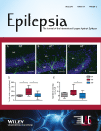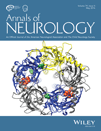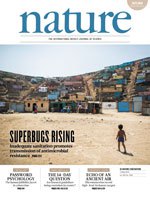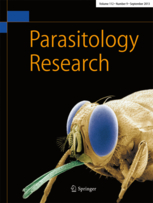 JAMA and another journal in its network have retracted three 2005 papers about preventing hip fractures, after an admission of scientific misconduct.
JAMA and another journal in its network have retracted three 2005 papers about preventing hip fractures, after an admission of scientific misconduct.
All papers are being retracted over concerns about data integrity, and “inappropriate assignment of authorship.” Four of the authors — all based in Japan — have co-authored all of the three newly retracted papers, and also share authorship of a previous retraction from 2015.
The JAMA paper was tagged with an Expression of Concern last year, regarding the “conduct, integrity, and scientific validity” of the paper.
Here’s the retraction notice for the JAMA paper, “Effect of Folate and Mecobalamin on Hip Fractures in Patients With Stroke:” Continue reading JAMA journals pull 3 papers by same authors for misconduct





 If you need evidence of the value of transparency in science, check out a pair of recent corrections in the structural biology literature.
If you need evidence of the value of transparency in science, check out a pair of recent corrections in the structural biology literature.

 We’ve found another retraction for
We’ve found another retraction for